South Korean President Declares Martial Law, Sparking Political and Public Outcry

SEOUL – South Korea (WE) — In an unprecedented late-night television address on Tuesday, South Korean President Yoon Suk Yeol declared emergency martial law, a move that has sent shockwaves across the nation. Accusing the opposition Democratic Party of engaging in anti-state activities and sympathizing with North Korea, Yoon framed the declaration as a necessary measure to safeguard the country’s stability and democracy.
This marks the first martial law declaration in South Korea since 1980, when the government invoked similar measures during a nationwide uprising led by students and labor unions. The unexpected announcement comes amidst heightened political tensions, with Yoon citing the opposition’s recent attempts to impeach senior prosecutors and reject the government’s budget as evidence of destabilizing actions.
Immediate Legislative Pushback
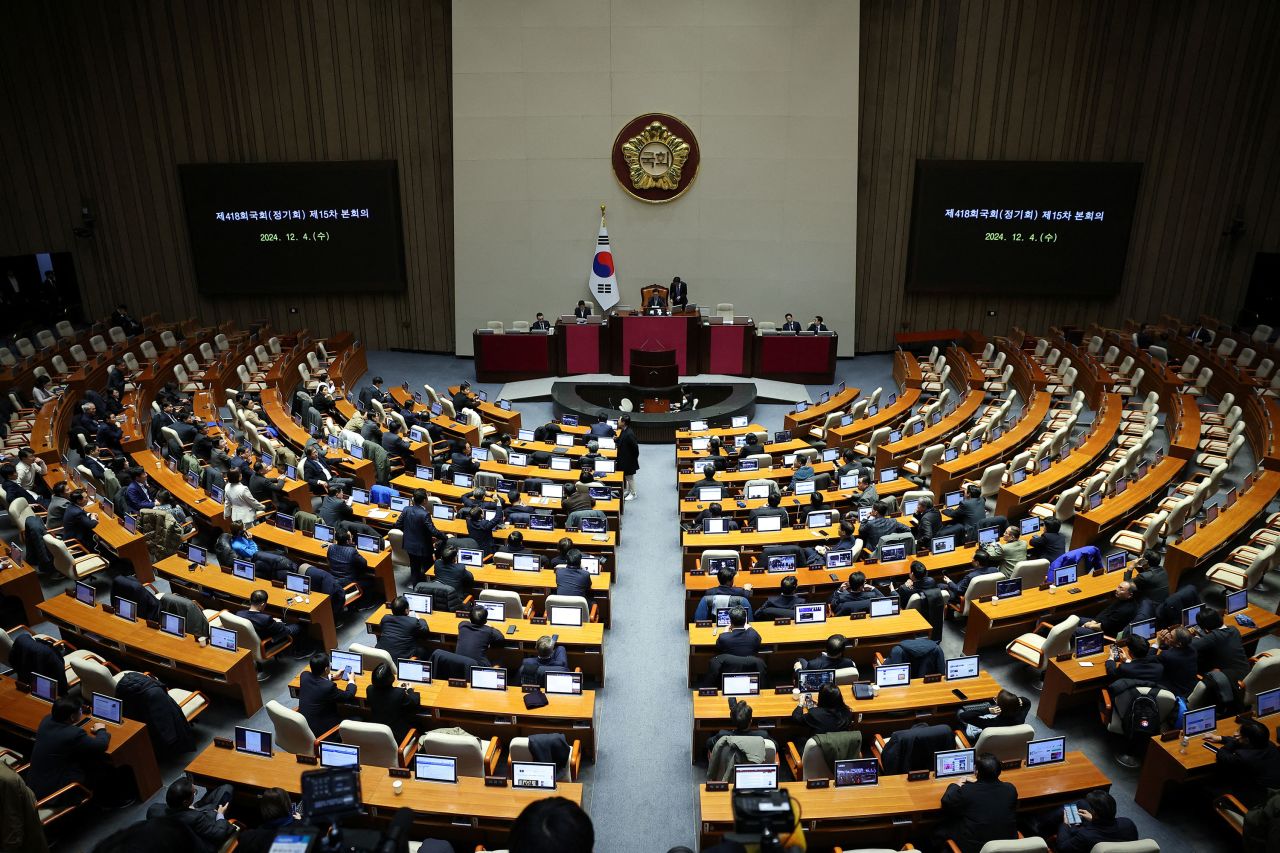
The martial law decree was met with swift resistance in the National Assembly. Lawmakers voted decisively to block the measure, with 190 out of 300 members opposing the president’s decision. Woo Won-sik, chairman of the National Assembly and a member of the opposition Democratic Party, declared the decree “invalid” following the vote and called on President Yoon to rescind the emergency measures immediately.
“The people should rest assured,” Woo stated. “The National Assembly will uphold democracy and protect the rights of the citizens.”
Despite the legislative vote, uncertainty lingers regarding the legal and political implications of the declaration. South Korean law obliges the president to adhere to legislative decisions, but the unfolding crisis has deepened the divide between the administration and the opposition.
President Yoon’s Justification
In his address, President Yoon characterized the opposition’s actions as “clear anti-state behavior aimed at inciting rebellion,” asserting that martial law was a necessary tool to combat what he described as “shameless pro-North anti-state forces.” He argued that these actions had paralyzed state functions and tarnished the integrity of the National Assembly.
Yoon pledged to eliminate these forces and restore normalcy, emphasizing that the emergency measures were essential for ensuring the country’s safety, stability, and future prosperity. While acknowledging the potential inconvenience to citizens, he promised to minimize disruptions to daily life.
Key Provisions of the Martial Law Decree
Details of the martial law decree, as reported by Yonhap and Reuters, outline sweeping powers granted to authorities, including:
- A ban on political and parliamentary activities.
- Prohibition of public rallies, strikes, and other actions deemed to incite social unrest.
- Criminalization of “fake news” and “manipulation of public opinion.”
- Authorization for arrests and raids without warrants.
Medical professionals involved in ongoing labor strikes were also ordered to return to work within 48 hours, further intensifying the already fraught situation.
Public and Political Reactions
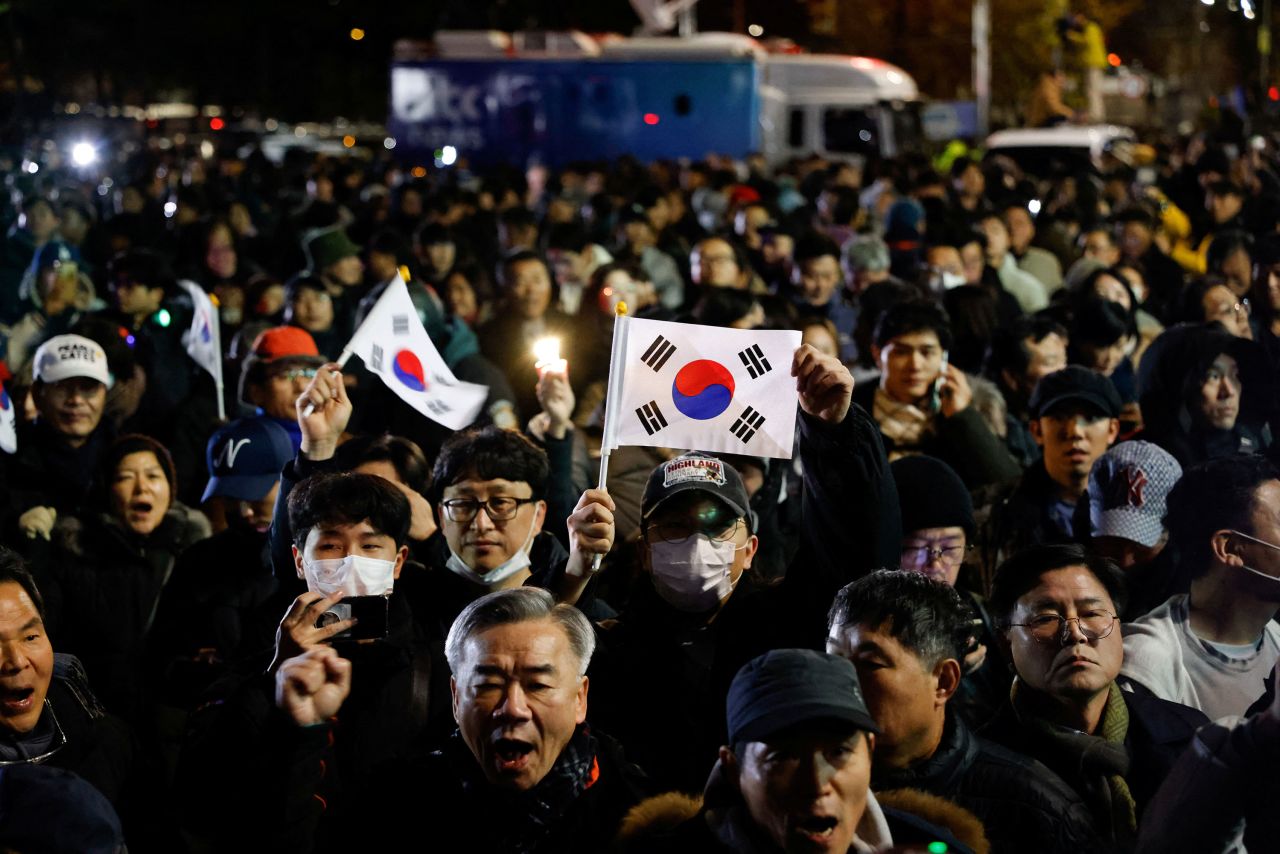
The declaration has provoked widespread public anxiety, with many residents of Seoul rushing to be with their families. Law enforcement officials have warned citizens that arrests can now be made without judicial oversight, exacerbating fears about potential abuses of power.
On the streets, emotions ranged from confusion to outrage. Citizens gathered outside the National Assembly cheered as news of the lawmakers’ vote to overturn the decree spread. Protesters were heard chanting, “Long live the Republic of Korea!” and demanding President Yoon’s resignation.
Within Yoon’s own conservative People Power Party, dissent has emerged. Han Dong-hoon, a senior party leader and former justice minister, condemned the martial law declaration as “unnecessary” and vowed to oppose it alongside opposition lawmakers.
The leader of the Democratic Party, Lee Jae-myung, called the move unconstitutional, describing it as a “direct attack on the people.” He warned that the decree would lead to an authoritarian crackdown, stating, “Tanks, armored vehicles, and soldiers with weapons will soon dominate our streets.”
Context and Challenges Facing Yoon’s Presidency
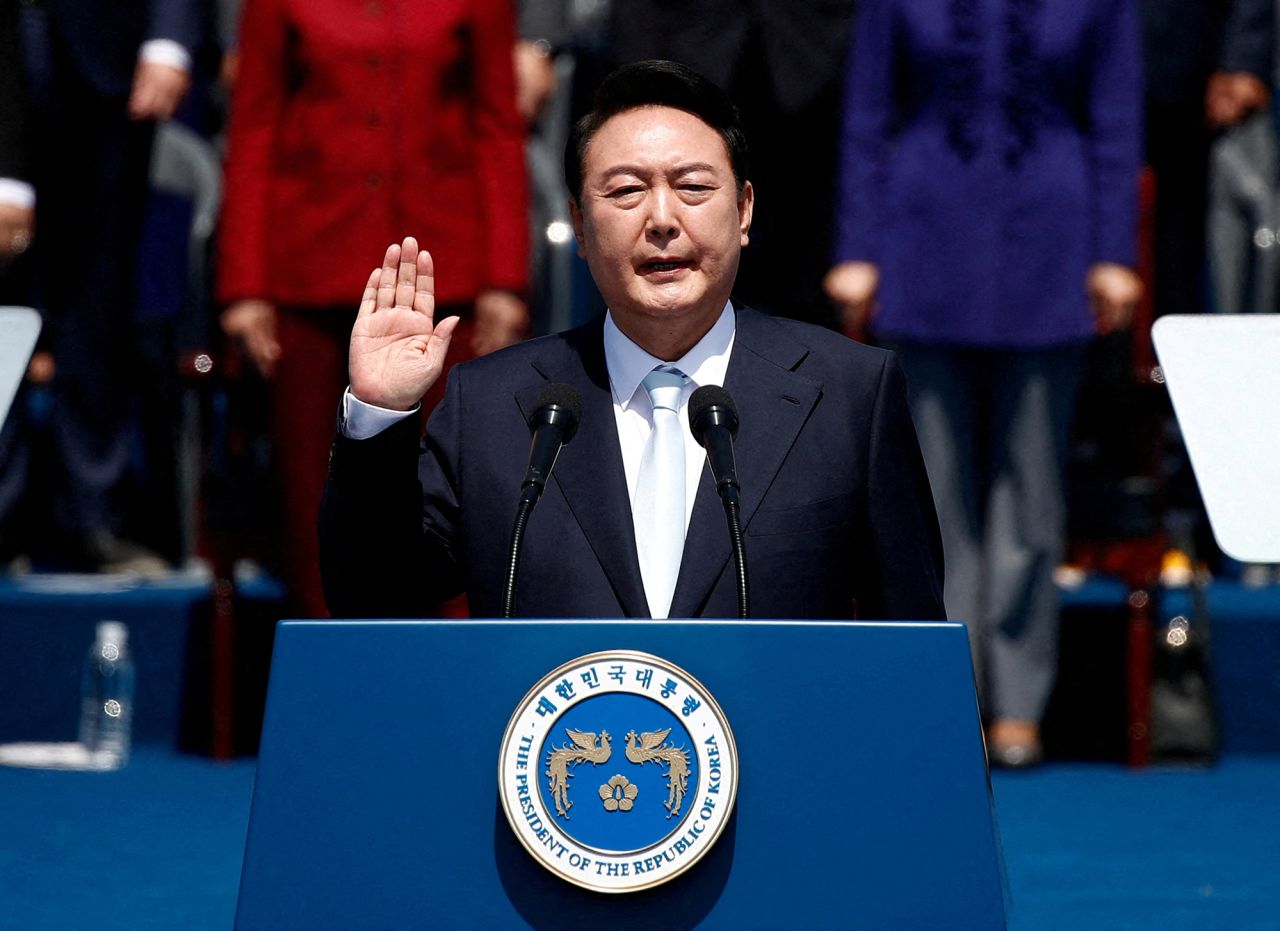
President Yoon Suk Yeol, a member of the conservative People Power Party, has been in office since 2022, having narrowly defeated his rival Lee Jae-myung in a closely contested election. A political novice before his presidency, Yoon previously served as a prosecutor for nearly three decades.
Since taking office, Yoon has faced significant domestic and international challenges. His administration has adopted a hardline stance against North Korea, contrasting with his predecessor Moon Jae-in’s approach of dialogue and reconciliation. He has also grappled with deteriorating relations between South Korea’s key allies, the United States and China, as well as domestic economic pressures and a declining birth rate.
Political discord has been a hallmark of Yoon’s tenure, with frequent clashes between his administration and the opposition-controlled National Assembly. The Democratic Party has repeatedly stymied his legislative agenda, including efforts to reform the judiciary and pass fiscal measures.
The martial law declaration appears to be the culmination of escalating tensions between the government and the opposition, and it has further eroded Yoon’s already declining approval ratings.
Uncertain Path Forward
The immediate future remains uncertain as South Korea grapples with the implications of this dramatic turn of events. While President Yoon has sought to justify the declaration as a means of safeguarding democracy, critics argue that it undermines the very principles he claims to defend.
As lawmakers, citizens, and international observers watch closely, South Korea faces a critical moment in its democratic history. Whether the nation will navigate this crisis peacefully or descend into deeper political turmoil remains to be seen.

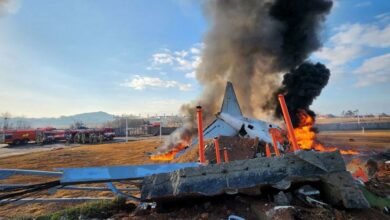
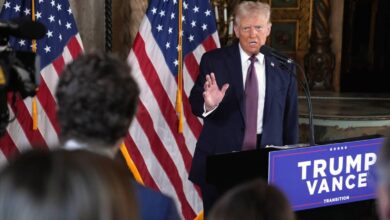
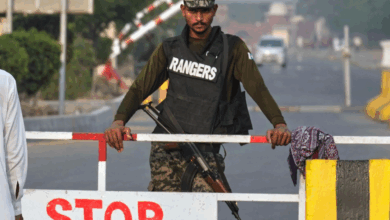
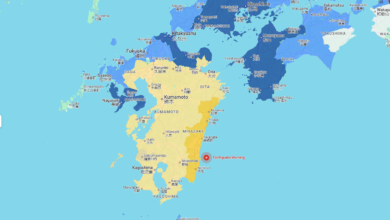



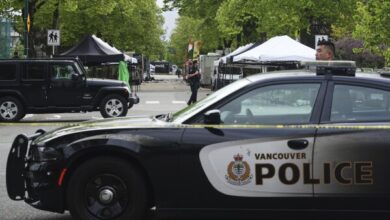
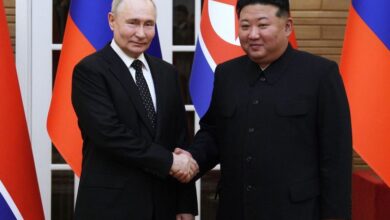






One Comment